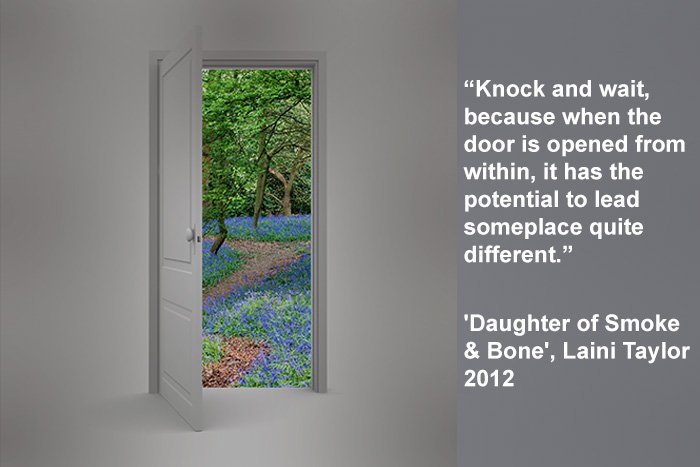Issues Covered
I offer counselling and psychotherapy in the following areas:
- Abortion
- Abuse
- Anxiety
- Bereavement
- Cancer
- Carer support
- Child related issues
- Couples counselling
- Depression
- Eating disorders
- Emotional abuse
- Grief and Loss
- Infertility
- Internet addiction
- Low self-confidence
- Low self-esteem
- Miscarriage
- Personal growth & development
- Physical abuse
- Pregnancy and birth
- Redundancy
- Relationship issues
- Sexual abuse
- Stress
- Terminal illness
- Work related stress
Therapies Offered
I integrate the following therapies and theories:
Person Centred Counselling
Person centred counselling or client-centred counselling is a humanistic approach created in the 1950s by American psychologist, Carl Rogers. Human beings have an innate ability to develop towards their full potential. However, this ability can become blocked or distorted by life experiences - particularly those that affect the sense of self worth. Using this approach the counsellor offers the client the core conditions of unconditional positive regard and empathy, whilst retaining genuine regard for the client. These core conditions help clients to reconnect with their inner values and sense of self esteem, which enable them to move forward and find solutions to their problems and issues.
Attachment Theory
Attachment Theory is a theory of affect regulation and interpersonal relationships. When individuals have caregivers who are emotionally responsive, they are likely to develop a secure attachment and a positive self esteem. Originally John Bowlby developed Attachment Theory to explain how children attach to their parents or primary care givers. It has become an effective tool for understanding the dynamics of adult relationships and how past experience with care givers or significant others shape coping strategies and patterns. Ineffective coping strategies and the underlying dynamics of a person's emotional difficulties can be caused by inadequate attachments. This theory is particularly applicable to relationship problems and issues surrounding grief and loss.
Cognitive Behavioural Therapy
Cognitive behavioural therapy (CBT) is a talking therapy that can helps individuals to manage problems by changing the way they think about them. This approach encourages clients to notice how their thoughts influence actions and behaviour. Problems are broken down into smaller more manageable parts and clients are encouraged to explore and find solutions. Counsellors and psychotherapists use a variety of different techniques to help clients achieve positive outcomes, for example when treating depression or anxiety.
Further information about these therapies can be found on the Counselling and Psychotherapy website.

